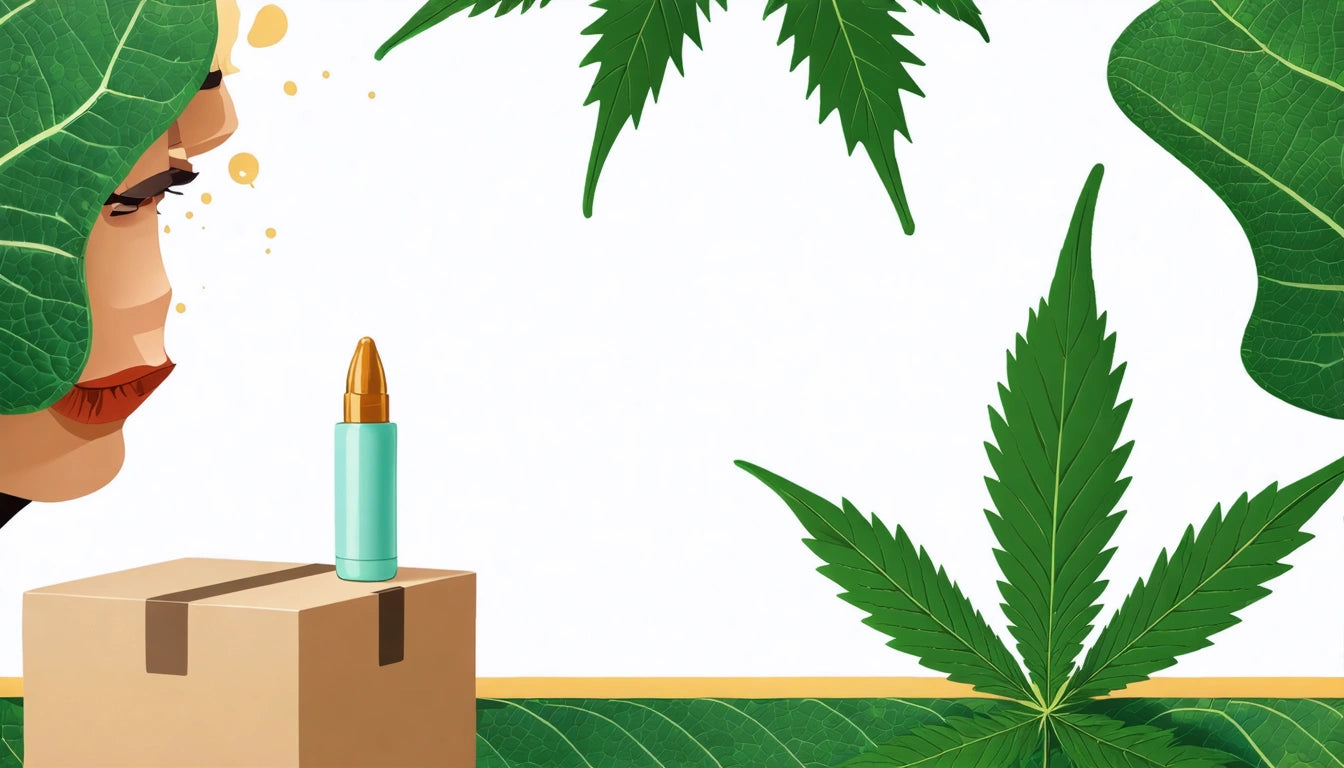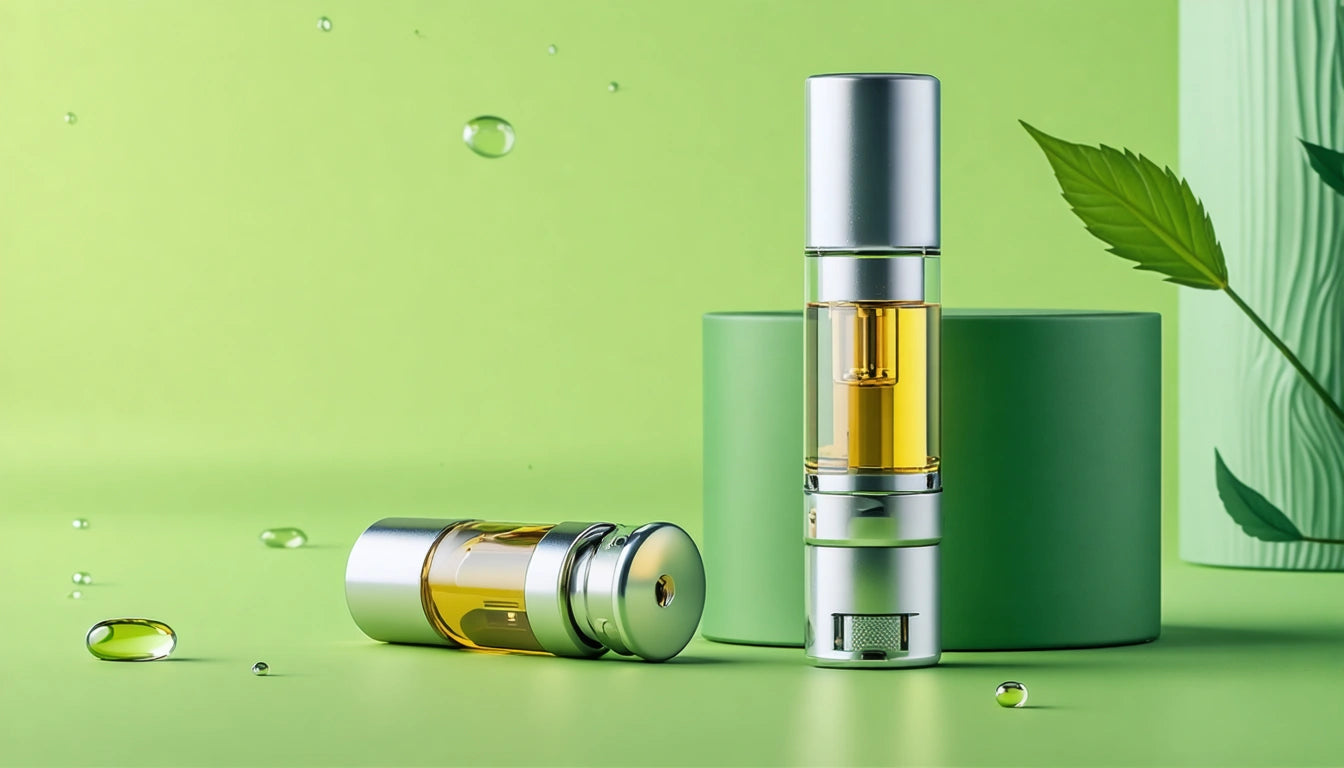Table of Contents
Understanding the Duration and Shelf Life of THC Tinctures
THC tinctures have become increasingly popular among cannabis consumers seeking a discreet, convenient, and precise dosing method. However, many users have questions about how long these products last, both in terms of shelf life and duration of effects. This comprehensive guide addresses common concerns about THC tincture longevity, storage requirements, and metabolization timeframes.
Shelf Life of THC Tinctures: Do They Expire?
Yes, THC tinctures do expire, but their shelf life is typically quite long compared to other cannabis products. When properly stored, most commercially produced THC tinctures can last between 1-3 years before showing signs of degradation. This extended shelf life is primarily due to the preservation properties of the alcohol base used in many tinctures.
According to research on tincture duration and shelf life, products made with high-proof alcohol can remain potent for years when stored correctly. Oil-based tinctures typically have a shorter shelf life of 1-2 years, as the carrier oils can become rancid over time.
Factors Affecting Tincture Longevity
Base Solution
The type of solution used as the base significantly impacts how long a THC tincture lasts:
- Alcohol-based tinctures: Generally last longer due to alcohol's natural preservative properties
- Oil-based tinctures: Typically have a shorter shelf life but may offer better bioavailability
- Glycerin-based tinctures: Usually fall somewhere in between
Manufacturing Quality
The extraction and production methods used can greatly influence shelf stability. Professional manufacturers who create high-quality THC tinctures often implement processes that extend shelf life, such as proper filtration and stabilization techniques.
Packaging
Proper packaging plays a crucial role in preserving tincture quality. Dark amber or blue glass bottles with dropper applicators help protect the contents from light degradation. Some companies that provide cannabis packaging solutions also offer specialized containers designed specifically for preserving tinctures and other liquid cannabis products, similar to how they provide pre-roll packaging options for businesses looking to enhance their product presentation.
How Long THC Tinctures Last in Your System
The duration that THC from tinctures remains in your system varies based on several factors, including dosage, frequency of use, metabolism, and the specific testing method used to detect it.
Typical Detection Windows
According to research on THC detection times, the compound can be detected for different periods depending on the test type:
- Urine tests: 3-30 days (depending on usage patterns)
- Blood tests: 1-7 days
- Saliva tests: 1-3 days
- Hair tests: Up to 90 days
Metabolism Factors
Individual metabolic factors significantly influence how long THC from tinctures stays in your system. Studies on THC metabolism indicate that factors such as body fat percentage, hydration levels, and overall health can impact clearance rates.
Duration of Effects
The actual psychoactive effects of THC tinctures typically last between 4-8 hours, with onset beginning within 15-45 minutes after sublingual administration. This is different from the detection window, which measures how long the compound remains in your body after the effects have subsided.
Proper Storage Techniques for Maximum Shelf Life
To maximize how long your THC tincture lasts, proper storage is essential:
Temperature Control
Store tinctures in a cool environment, ideally between 60-70 °F (15-21 °C). Avoid exposing the product to temperature extremes, as heat can accelerate degradation of cannabinoids and terpenes.
Light Protection
THC degrades when exposed to UV light through a process called photodegradation. Always store tinctures in dark, amber-colored glass bottles and keep them in a cabinet or drawer away from direct light.
Air Exposure
Minimize air exposure by keeping bottles tightly sealed when not in use. Oxygen can degrade cannabinoids through oxidation, reducing potency over time.
Moisture Control
Keep tinctures in a dry environment. Moisture can promote microbial growth and compromise product integrity, especially in alcohol-based formulations.
Signs Your THC Tincture Has Expired
Even with proper storage, THC tinctures will eventually expire. Here are indicators that your tincture may have gone bad:
- Change in color (darkening or clouding)
- Unusual odor (rancid or sour smell)
- Separation of ingredients that doesn't resolve with gentle shaking
- Change in taste (bitter or unpleasant flavor)
- Reduced potency or effectiveness
- Visible mold or particulate matter
If you notice any of these signs, it's best to dispose of the tincture and purchase a fresh product. Using expired tinctures may not be dangerous, but the experience and effects will likely be compromised.
Maximizing Tincture Effectiveness and Longevity
To get the most from your THC tinctures both in terms of shelf life and therapeutic benefit, consider these practices:
- Purchase from reputable manufacturers who provide batch testing information
- Check expiration dates before purchasing
- Store properly between uses
- Use clean droppers to avoid contamination
- Consider refrigeration for oil-based tinctures (but not necessary for alcohol-based ones)
- Maintain consistent dosing practices to better gauge potency changes over time
Understanding both how long THC tinctures last on the shelf and in your system allows you to make informed decisions about purchase timing, usage patterns, and storage practices. With proper care, these versatile cannabis products can maintain their potency and effectiveness for extended periods, providing a reliable option for medical and recreational users alike.











Leave a comment
All comments are moderated before being published.
This site is protected by hCaptcha and the hCaptcha Privacy Policy and Terms of Service apply.